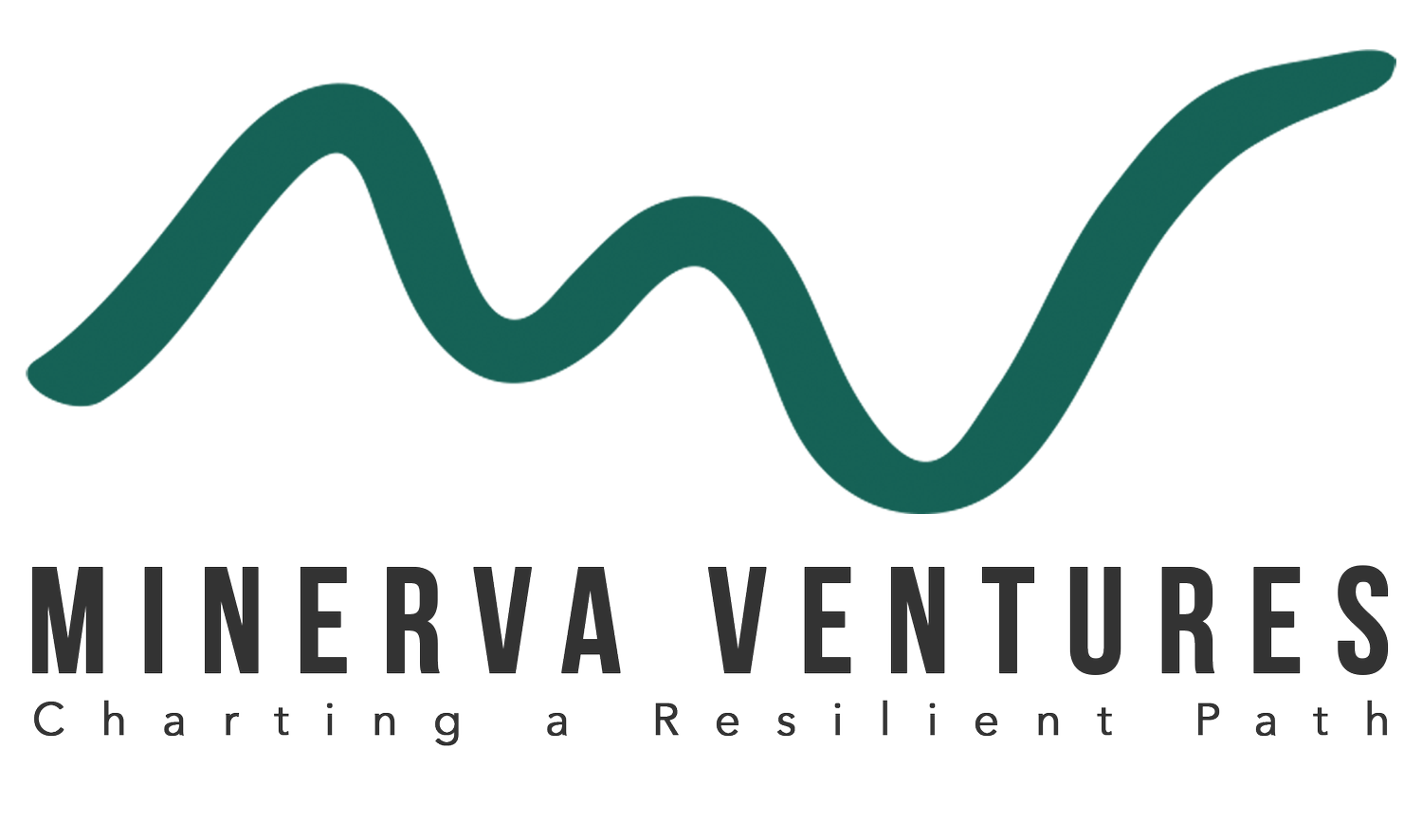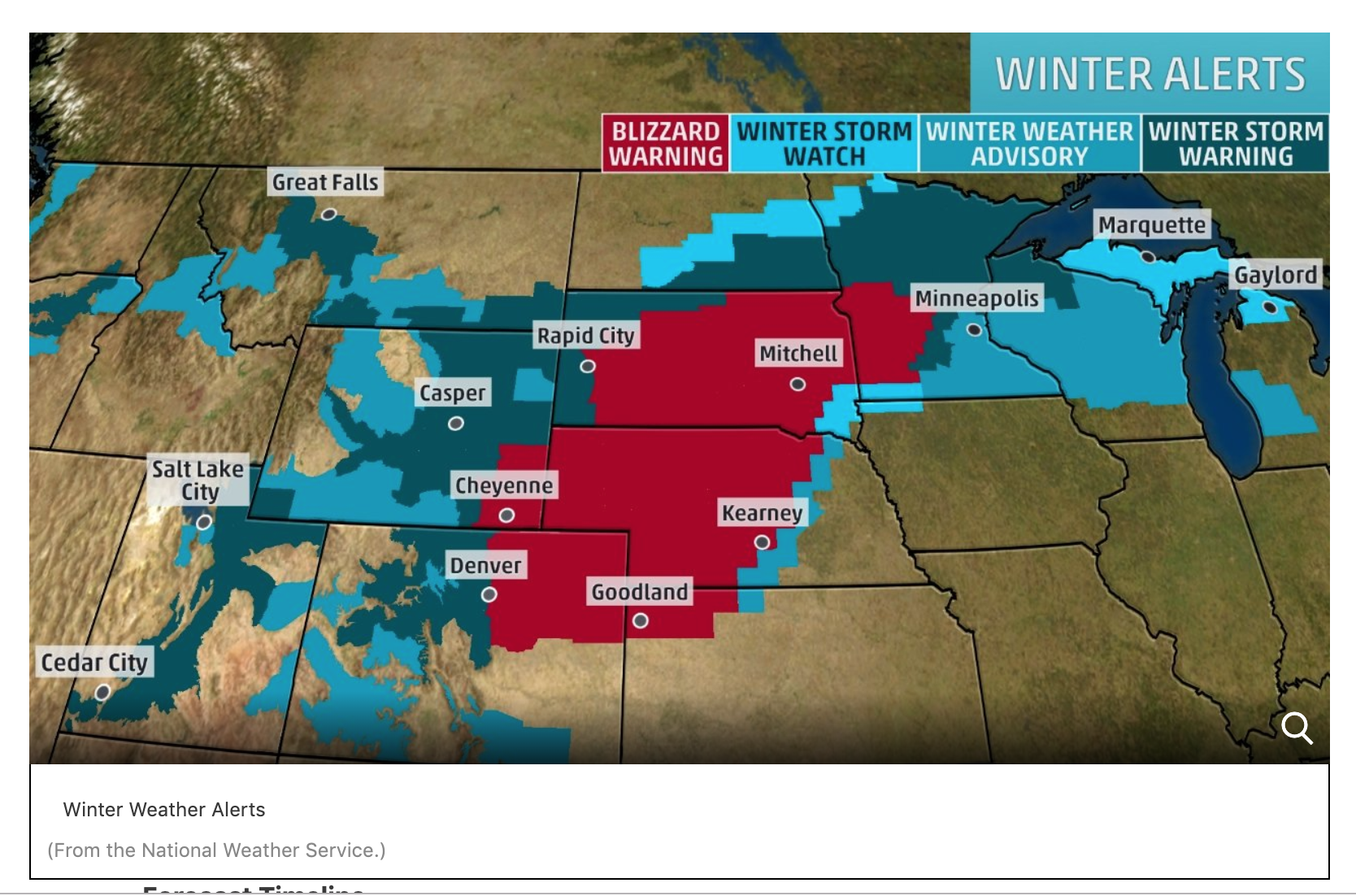Regenerative Urban Design and Climate Consequences
The recent storms and floods in the Midwest, fires in the west, and the prospect of Sea Level Rise in the Bay Area present opportunities to plan for and invest in rebuilding that is regenerative and resilient.
Can we design systems for food, water, energy, transportation, and waste capture and reuse that enable communities to become greener, healthier and to withstand the onslaught of increasing climate disruption? Do we have the fortitude to invest capital ahead of disasters or to change codes to ensure that new projects anticipate likely harms coming? Most local decision-making discounts future costs and accommodates short term priorities. Managed retreat is an example of a strategy that is very difficult to implement. Retreat after disaster has hit is a more likely and much more expensive outcome. What will it take for communities and their leaders to change?
An article in National Geographic vividly explores innovative urban design.
Ensia profiles how cities are leading the way to a low-carbon future.
The NatGeo article mentions the disappearance of street car lines in LA and other cities but fails to mention that GM, Firestone, Phillips and Standard Oil bought many of them and removed them to make way for rubber tires, buses and the automobile. https://en.m.wikipedia.org/wiki/National_City_Lines
Another take:
https://www.google.com/amp/s/www.vox.com/platform/amp/2015/5/7/8562007/streetcar-history-demise
The Resilient By Design and Adapting to Rising Tides programs are helping communities move in the direction of assessing risk and planning for infrastructure and other investments. The County of San Mateo is a leader through its Sea Change program.
We welcome your stories and comments on what your community is doing and what role you are playing in innovating new approaches to urban design.

